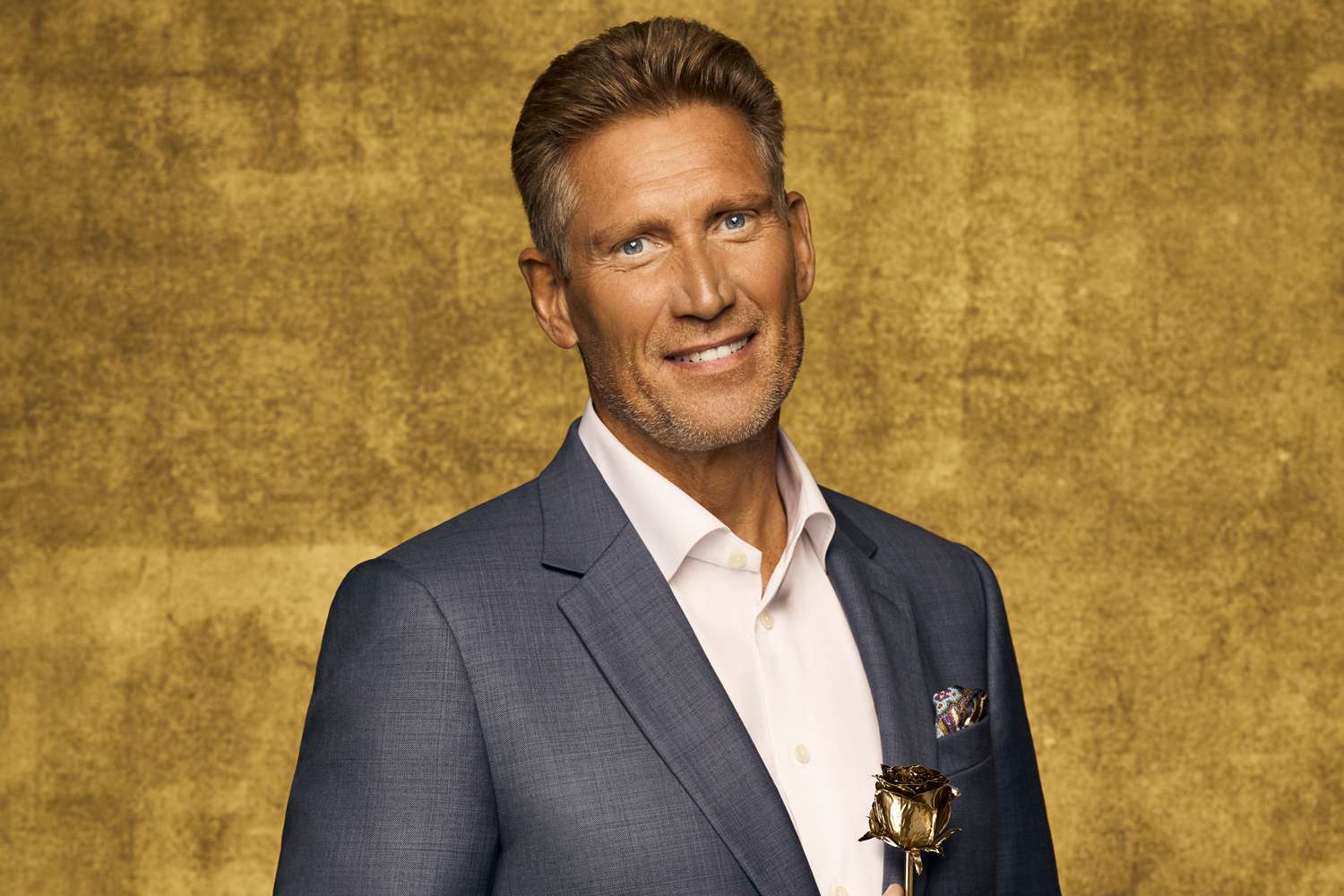Former President Donald Trump declared his intention to implement a significant restructuring of the John F. Kennedy Center for the Performing Arts by firing its current board of trustees and naming himself as the institution’s chairman. The announcement, which has already stirred debate across the political and cultural spectrum, comes alongside further suggestions of changes to program curation within the prestigious arts venue.
Trump, known for his tenure as a highly polarizing political figure and real estate mogul, expressed his reasoning during a recent address. Citing a need for “renewed vision and oversight” at the Kennedy Center, he emphasized his goals of aligning the institution more closely with what he characterizes as “American values.” However, he did not elaborate on the specifics of those values or any plans on how leadership would shift.
The Kennedy Center, located in Washington D.C., is the nation’s living memorial to President John F. Kennedy and is widely recognized as a cultural landmark, hosting scores of performances and events annually, including those by the National Symphony Orchestra and the Washington National Opera. Its board of trustees plays a critical role in guiding the institution’s mission, funding, and programming decisions.
Trump’s decision to dismiss all current board members represents an unprecedented intervention in the governance of the Kennedy Center, which has historically operated with a degree of autonomy free from the political dynamics of an individual administration. The planned removal of the trustees, many of whom are longstanding cultural advocates and philanthropists, has also raised legal and procedural questions over the scope of his authority to initiate such unilateral changes.
Beyond governance, Trump has also signaled his intent to influence programming choices. Among his remarks were criticisms of certain types of performances, including drag shows and other events he described as inconsistent with his cultural vision. Such statements have been met with sharp criticism from arts advocates and civil rights organizations who argue that the Kennedy Center has long prided itself on diversity and inclusiveness in its programming.
Many members of the Kennedy Center community have voiced concern over the explicit politicization of its governance. Critics argue that Trump’s move could undermine the artistic integrity of one of the country’s leading cultural institutions and potentially erode its public funding.
“This is not just about changing leadership; this is about changing everything the Kennedy Center stands for,” said one anonymous prominent arts advocate. “We must ask ourselves if its independence can be preserved under such top-down control.”
The Kennedy Center’s iconic status in the cultural landscape of the United States adds to the weight of Trump’s motion. As a federally mandated institution, its board includes members appointed directly by the president, but these appointments are traditionally limited to vacancies, not wholesale dismissals.
Legal scholars are already debating the ramifications of this bold move. Some suggest that the firings could face challenges if they are found to overreach the boundaries of presidential authority. Regardless of technicalities, the actions are likely to ignite further discussions about the broader issue of political involvement in creative and cultural spaces.
Supporters of Trump dismiss criticism, asserting that his plans for the Kennedy Center signify a desire to amplify cultural and historical pride. “This is a natural continuation of Trump’s long-standing priority to put America first,” said one supporter familiar with the developments. “He wants the Kennedy Center to reflect the values of the people, not the elite.”
As news of the restructuring spreads, stakeholders in the arts community are closely monitoring the next steps, especially regarding how Trump’s leadership might impact the Kennedy Center’s international reputation as a beacon of creativity and cultural exchange.
Though the exact timeline for the restructuring of the board and the subsequent appointment of new members has not been specified, the move by Trump has already drawn significant attention. Public reactions underscore the challenges ahead in balancing political influence against the board’s autonomy and historical prestige.
The Kennedy Center has yet to release an official statement addressing the latest developments, and attempts to reach representatives for clarity on how these changes might affect the center’s operations were not immediately returned.
As discussions continue around Trump’s plans and the Kennedy Center’s future, many questions remain unanswered. Will this overhaul mark a shift toward new opportunities for the arts, as claimed by Trump, or could it signal a narrowing of the Kennedy Center’s storied mission to be a platform for artistic excellence?



